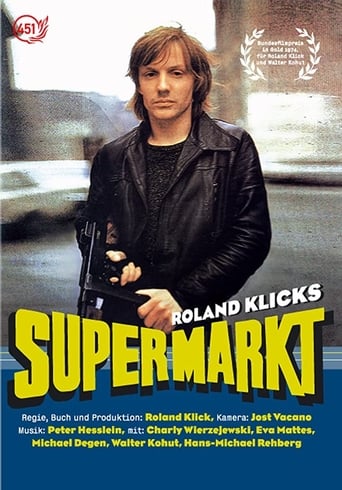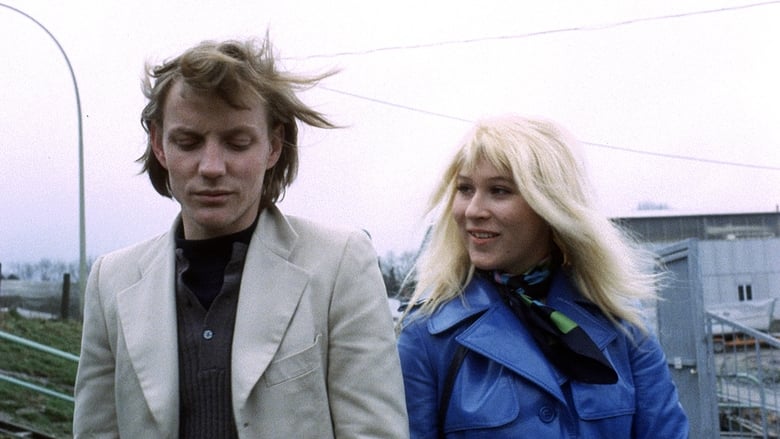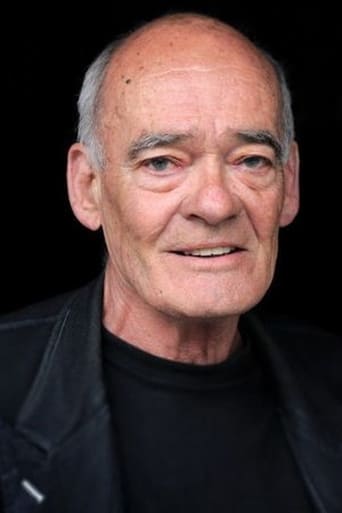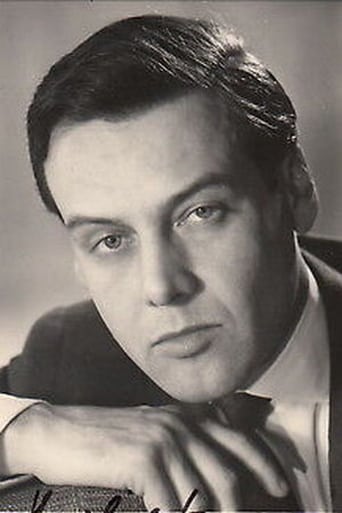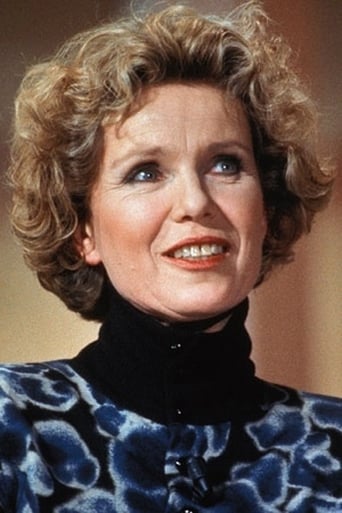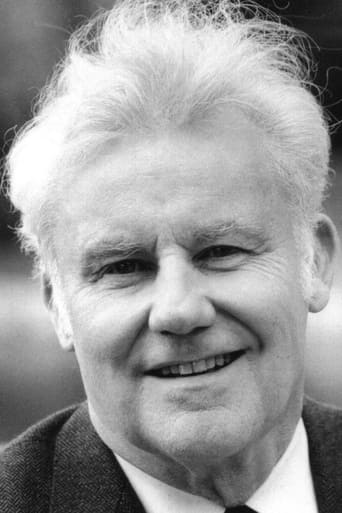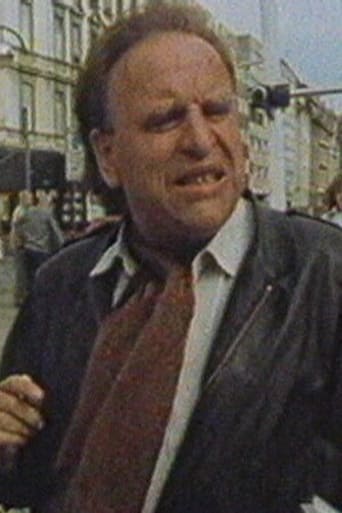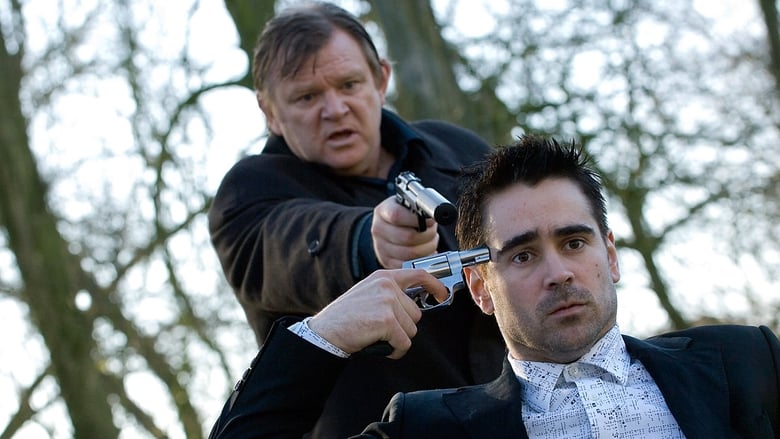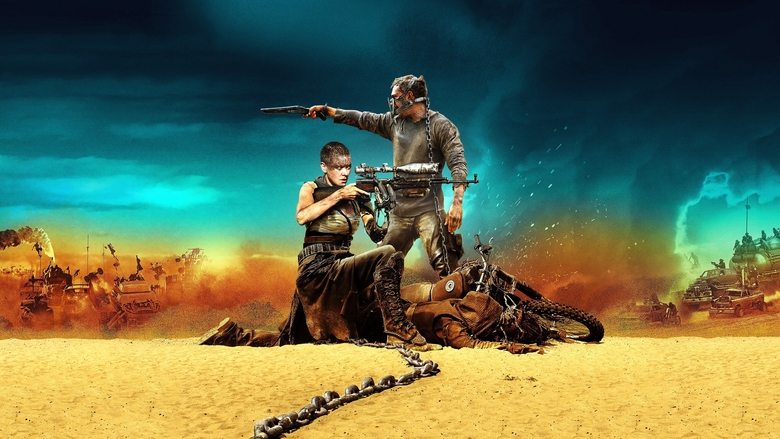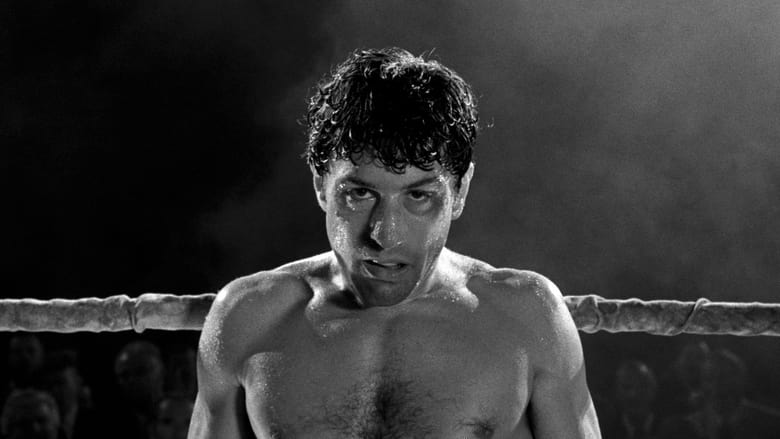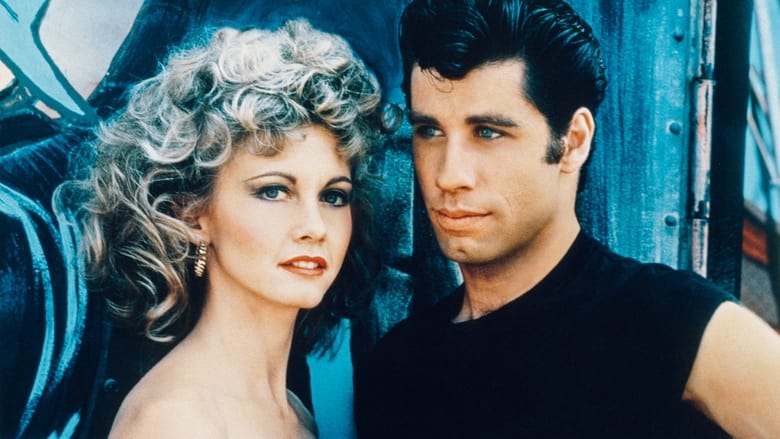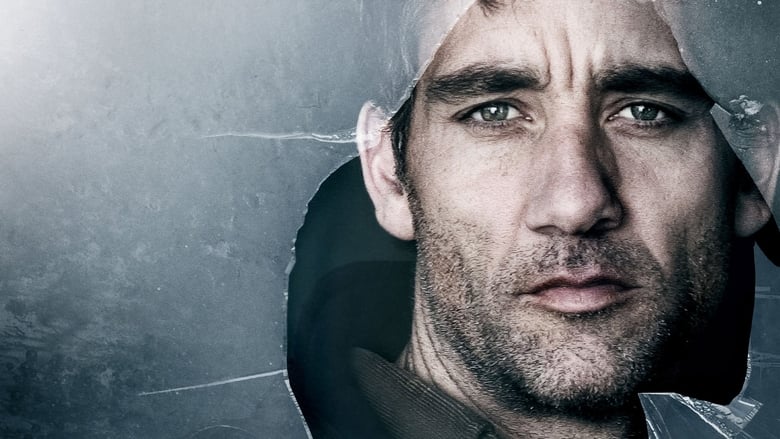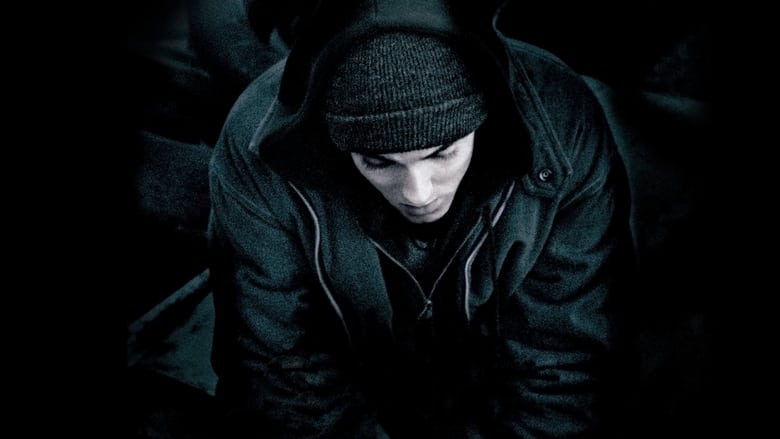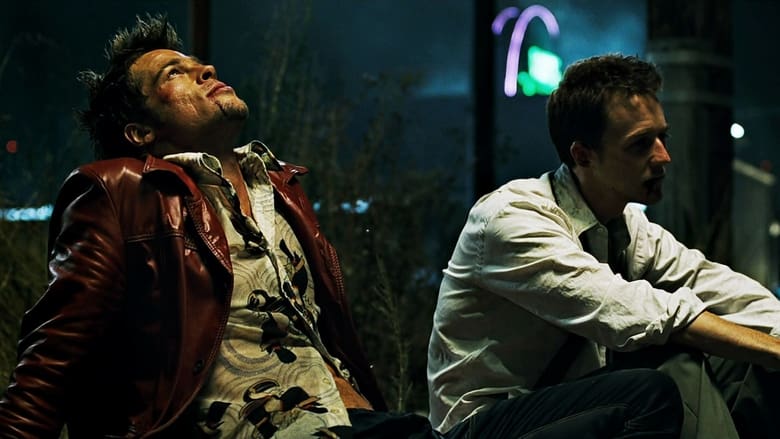Willi is 18 years old and lives on the street. Without a goal in his life he walks around the city and meets several people, helping but also cheating him. When he meets a girl, Monica, he realizes that there are people out there whose lives are even more desperate than his. So he's trying to help her (and him) by planning a great robbery on a supermarket's money transporter.


Similar titles


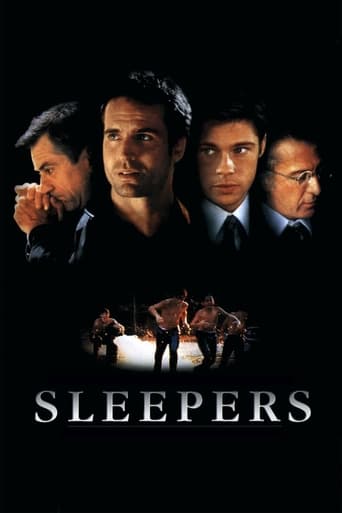
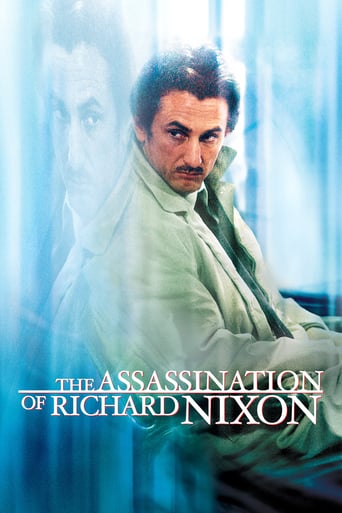
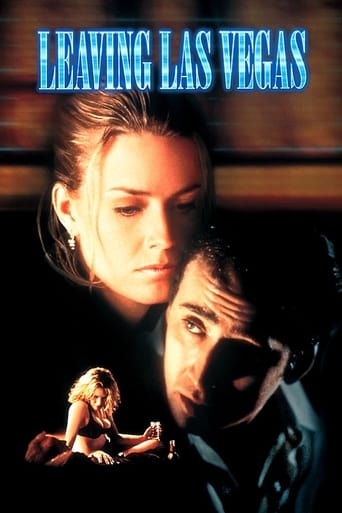
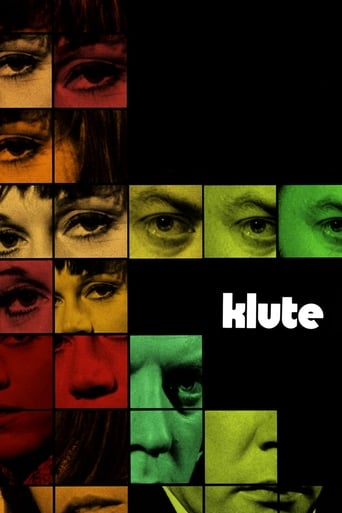

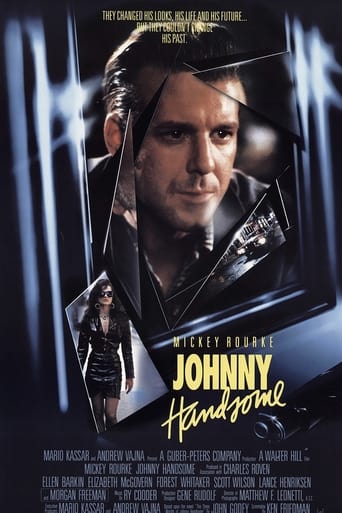
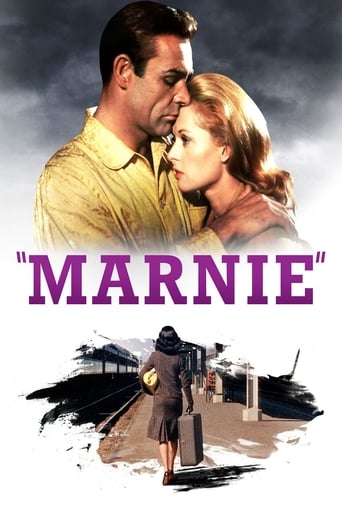
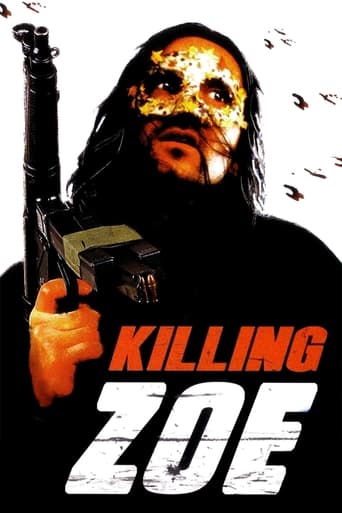
Reviews
"Supermarkt" or "Supermarket" is a West German 80-minute movie from 1974, so this one is already over 40 years old. It was written and directed by Roland Klick, a fairly successful German filmmaker between the late 1960s and early 1980s. Here we have one of his most successful and known works. It is the story of a young man and we follow him and witness how crime, romance and drama in general make an impact on his life. I have seen another film by Klick a while ago and I was as unimpressed by that one just like by this one here, but I think he is only partially to blame. Lead actor Charly Wierczejewski was entirely forgettable in my opinion and as he was in almost every single scene, the outcome was a pretty bland movie. The film won Austrian actor Walter Kohut a German Film Award back then and I can somewhat see why. It was a baity performance and hands down, next to the weak lead performance, everybody could look fairly impressive. I am not sure it was an awards-worthy performance though. Another German Film Award went to Klick for his direction and I would agree that the film's direction is certainly one of the stronger aspects, but again I am not sure if it is really that good. However, I have not seen his competition (yet?), such as Maximilian Schell's work for example. As for "Supermarkt", I think the bad outweighs the good and I don't recommend the watch. I was actually glad this film stayed considerably under 1.5 hours.
This film follows German street kid Willi (Charly Wierczejewski) as he aimlessly bounces around the city of Hamburg. He seems to subsist on stealing tip jars in restaurants and restrooms, but comes under the wing Theo (Walter Kohut), whose main gig is stealing from men picking up boys at the train station. Theo has bigger plans though, robbing the armored car picking up cash at a big supermarket. The only person who takes an positive interest in Willi is journalist Frank (Michael Degen), but even his generous ways can't keep Willi on the straight-and-narrow and even end up hurting his relationship with his girlfriend. I'm familiar with German director Roland Klick but this is actually the first film of his I've seen. It is a decidedly downbeat affair and Klick succeeds in making Hamburg look like a completely hopeless hell on Earth. The perfect film for a depressing German double feature alongside CHRISTIANE F. (1981). Make sure to check out the theme song "Celebration" by Marius West that appears several times in the film.
This is so lame. After years of hearing about this "legendary realistic street drama" I watched it last night. And WHAT a disappointment! Stereotypical characters wherever you go: the typical stubborn unsocializable street kid getting started on his criminal career, the embarrassing wannabe-philanthropic journalist (Degen) who cannot live up to his ideals, the sad alcoholic prostitute (Mattes) with a child... even the police are as clichéd and cruel as any late 1968 "revolutionary" desires them to be... And there is of course the rich homosexual guy trying to seduce the street kid, then humiliating him. No, please! OK, finally i know where the German masochistic "street kid" tradition ("Kinder vom Bahnhof Zoo" and similar schmonzetten) came from. Nothing is more useless than false realism by stiff and dogmatic literature or film students! The horrible acting (from the amateurish stiff movements of the male lead Wierczejewskito the usual stage-like overacting of the autorenfilm-zombie Eva Mattes) makes it worse. (the short scene with the extremely funny Alfred Edel obviously READING his part from the sheet in front of him is a highlight, of course.) Also, the fact that the whole film is dubbed, partly by other actors as it seems (maybe the original performances were too bad) does NOT add to the alleged "realistic" feel.Of course, a film with only stereotypical characters in stereotypical situations has one big disadvantage: It's completely predictable. You KNOW right from the beginning that things will end badly, that the boy WILL eventually commit his first murder, etc. truly boring.The camera work of Vacano is not very remarkable. He does not compare to Ballhaus (ho rescued some Fassbinder films). I've seen better in the Derrick episodes of the time. Lucky we are that Roland Klick didn't get a chance to misunderstand the experiments of Lars von Trier yet. Otherwise i bet my boots he would have used heavily shaking hand camera to make things even more realistic. What? I'm not shaking half as much as the camera in "Breaking the Waves" - where's the realism in that? Sorry, I digress.Again, even after watching this legend, i must hold up my thesis that Germany's finest cinematographic achievements in the seventies are the early Derrick episodes. This is truly embarrassing for German cinema, but since German cinema in the autorenfilm era produced only such clichéd boring time wasters as "Supermarkt", the conventionalized (cop) stereotypes in the Derrick series at least give you enough identification to sit through the 55 minutes.The scene in "Supermarkt" where they pathetically try to rob the supermarket is kind of funny, though. However, I recommend "Take the Money and Run" for some truly funny slapstick along such lines.Since I'm a nice person, I'll give Klick's "Deadlock" a try, though. Looks significantly cooler, judging from the first ten minutes which I watched.
It was the seventies in West Germany, when the national film industry was nearly completely down. Cinema releases were nearly all produced by a handful of arty-farty 1968-intellectuals who produced and directed boring, unrealistic and completely useless movies (except for some really dull commercial soft sex flicks like the successful "Schulmaedchenreport" series and its slick rip-offs). In reaction to this situation, some young directors started making films that became famous as the "kleine dreckige Filme" ("small dirty movies") - mainly realistic crime movies and street dramas with topics on terrorism, growing-up, violence, becoming criminal, social criticism and drug abuse, but with a more thrilling edge. Next to Wolfgang Petersen (who later became a big director with "The Boat", "Outbreak" and "Airforce One") and Hark Bohm, Roland Klick was one of the most promising German directors to make films like that. "Supermarket" (1973) is a very good example - it shows us the story of a young Hamburg criminal who can't bear social security and an all-day working life and tries to escape by robbing a mall together with an alcohol-addicted gangster. The whole movie is thrilling, but also very depressing - the settings are dirty and mainly show us empty houses, ruins, dark back streets and the illuminated city nights of the Hamburg Reeperbahn. The main actors look really ugly, and the whole atmosphere is very nihilistic - there hardly seems to be a possible way out of this cycle of crime and violence. The theme song is about suicide and sounds a bit like Robbie Williams' "Angel", and the incidental music was written by "Deutschrockstar" Udo Lindenberg. If you want to take a look at German society in the seventies, check out this dirty little diamond!
